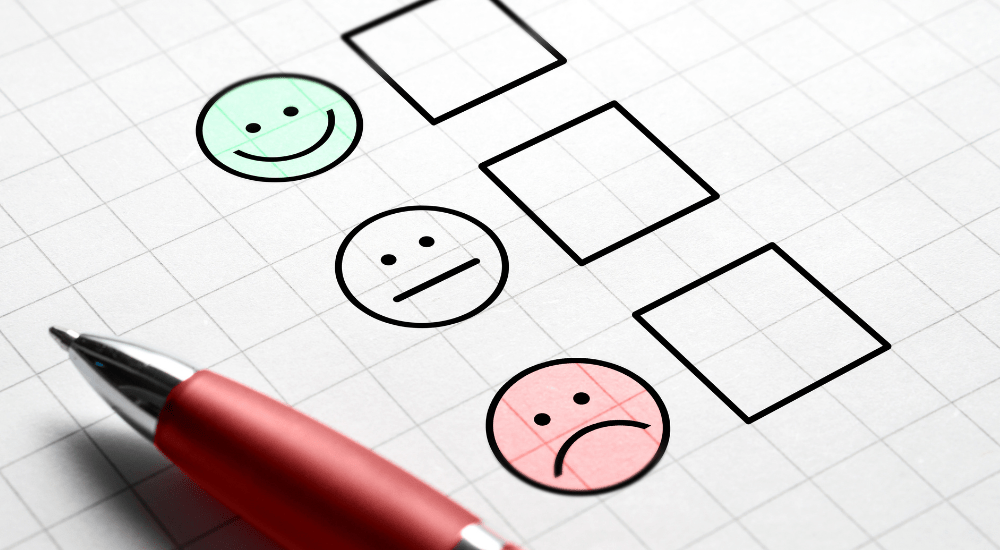
It’s no secret that we’re experiencing unprecedented times. With the coronavirus pandemic, economic problems, wildfires, and other stressors, stress is taking its toll on many people both mentally and physically.
Stress can cause muscle tension, headaches, body aches, insomnia, depression, and it can even affect your oral health. Not only can it cause us to eat things that are bad for our teeth, but it can also cause us to chew on things that could damage our teeth, such as our fingernails or pen caps. This in turn can cause our teeth to chip or crack, not to mention the bacteria that could be lurking underneath our nails that could cause a gum infection.
Another problem dentists are noticing a lot more cases of these days is a problem called bruxism or teeth grinding. In fact, in a survey of dentists by the American Dental Association, most dentists surveyed have seen an increase in stress-related oral health problems, including bruxism. According to the survey, there has been a 59.4 percent increase in bruxism since the pandemic began, a 53.4 percent increase in cracked teeth, and even an increase in patients with temporomandibular joint dysfunction symptoms, to the tune of 53.4 percent as well.
Cavities went up, too. Dentists report an increase in dental caries of 26.4 percent, while periodontitis (gum disease) is up 29.7 percent.
Naturally, the question we need to answer is how can we prevent these oral health problems from continuing. It’s a difficult dilemma when there is so much to be stressed about, many of it with no end in sight. But taking care of your mental health is extremely important, and not just for your teeth.
If you do find yourself feeling stressed, clenching your jaw, grinding your teeth, or even biting your nails or chewing inedible objects, speak to a trusted mental health professional and make an appointment with Dr. Abelar for an exam. Don’t let stress take its toll on your physical and mental health when there is help out there for both.
To reach Dr. Abelar’s office, please give us a call at (858) 523-1400.






